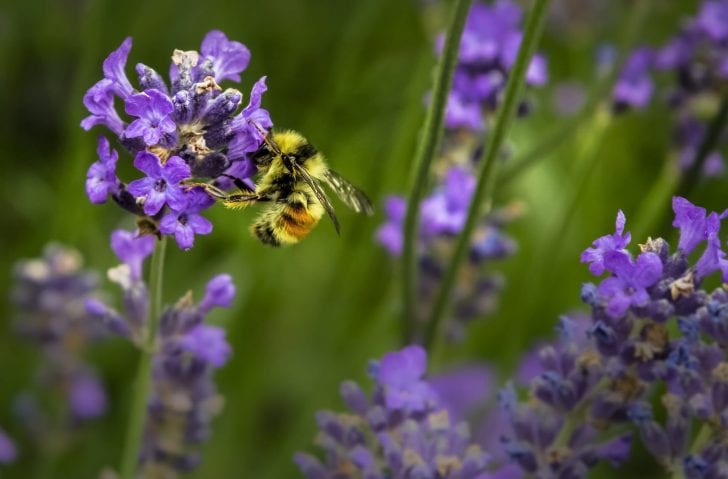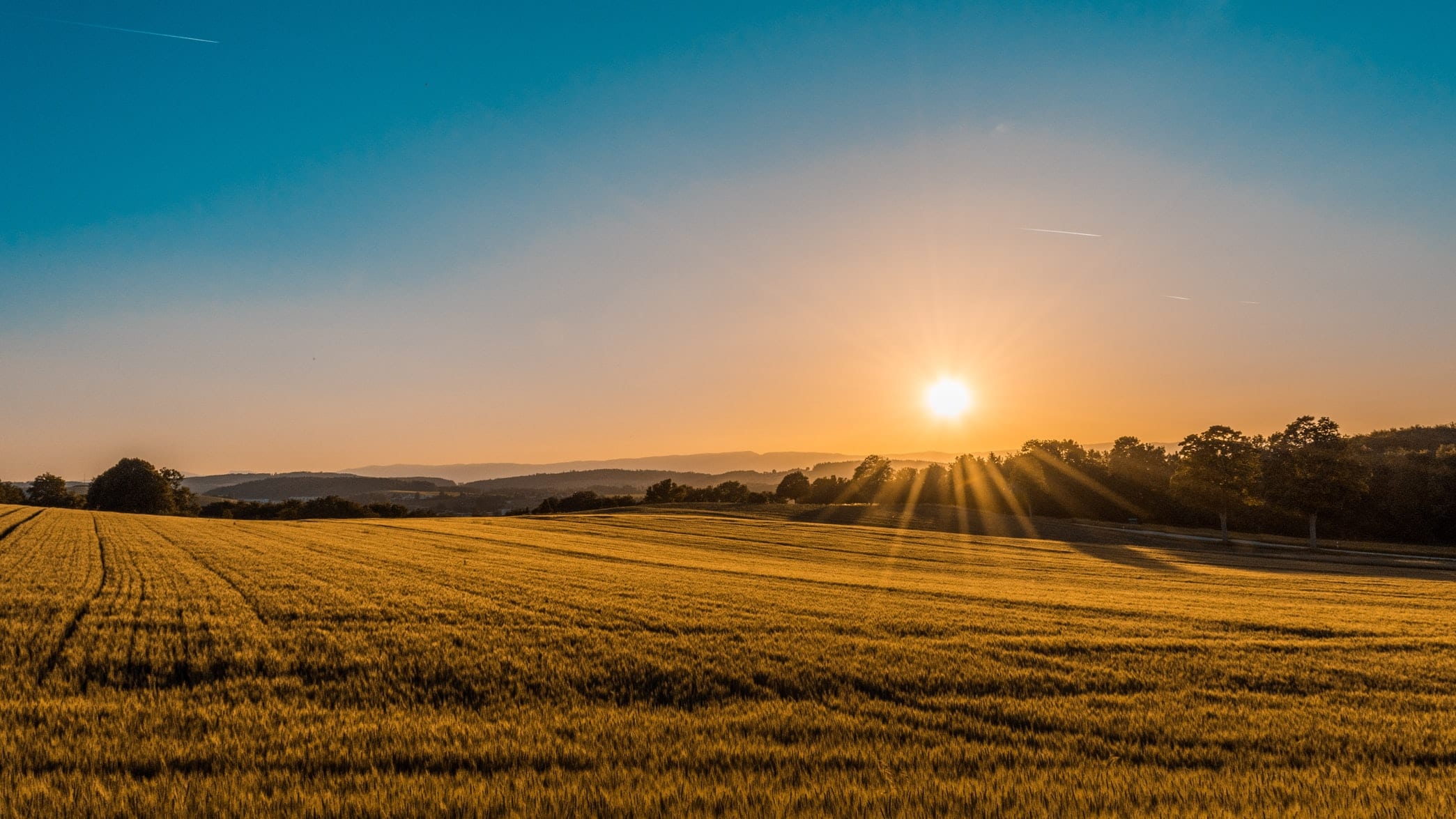What’s the first thing that comes to your mind when you hear the word “summer”? For most people, it brings along memories of yummy shakes, mouth-watering popsicles, delicious ice-creams, and pool-side parties! Now even though these things are super exciting, you wouldn’t want to keep doing them all year long, would you?

Unsplash | Everyone loves the summer, but if it lasts all year long it would be a problem
Well, don’t be confused. What we’re getting at is a recent study which showed that the summer season might soon start lasting a little too long each year and hamper other season’s duration. Join us as we take a deeper look.
Unfolding the research
Published on February 19, 2021, the study Changing Lengths of the Four Seasons by Global Warming, showed how climate change affects Earth’s seasons. Researchers found that climate change, temperature, and the duration of the summer season are correlated. They pointed out that if global warming continues at the same rate as today, the summers in the Northern Hemisphere could last up to 6 months by the time we reach 2100. Needless to say, such off-balanced seasons will have drastic effects on humans as well as agriculture.
Physical oceanographer at the Chinese Academy of Sciences, Yuping Guan, regarded this as the biological clock for all living beings. Guan and his colleagues clubbed the daily climate data from 1952 to 2011, and observed every season’s starting and ending time in the Northern Hemisphere. The team found that during this period, the summers have consistently extended (starting from 78 days to 95 days) thereby shortening the winters from 76 to 73 days. It also reduced the spring and autumn seasons by a great margin.

Unsplash | Off-balanced seasons can have drastic effects on humans as well as agriculture
Using the findings, the researchers created a hypothetical model which would reveal the future changes in seasons. They discovered that if the summers in the Northern Hemisphere are left undisturbed, they might last up to six months. They could also decrease the winters to less than two months.
Read – How can we help decrease global warming?
The impact of long summers on living beings
If the summers continue to stretch, they can have severe detrimental effects on humans and nature. Longer and hotter summers can boost more mosquitoes and other insects, resulting in the spread of diseases which are usually avoidable. Moreover, climate scientist Scott Sheridan believes that change in seasons could affect the timing of other changes in surroundings. For example, flowers would bloom, and bees either won’t be there to pollinate them, or the blooming would happen past the bees’ pollination time. Problems like these could impact the agricultural sector as well as general human health.
Some scientists were even worried about the impact of changing seasons on food production. They said climate change could also affect the survival of crops. Weston Anderson, a postdoctoral researcher at Columbia University, raised questions about how warming temperatures could influence crop growth, maturity, and production.
Read – Tips to make the world greener

Unsplash | Longer summers can boost harmful insects while also hampering the pollination cycle for bees
Summing it up
The findings of this study remind us how dependent we are on nature. It also questions our practices which are constantly elevating climate change. It’s a signal that if we don’t start worrying about nature, we might face terrible consequences in the future.







